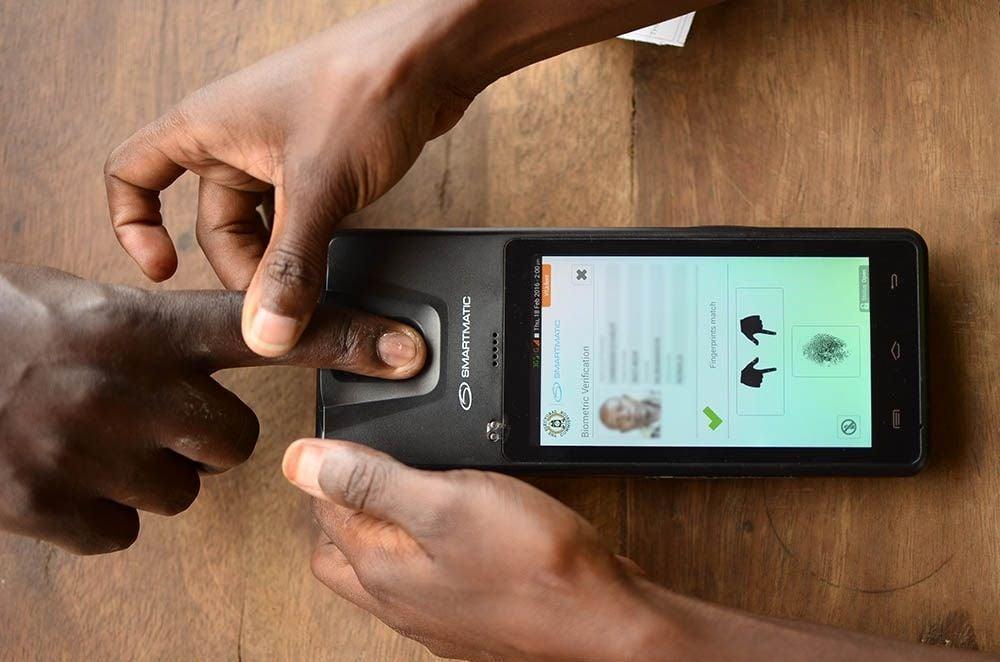Africa-Press – Uganda. As Uganda approaches a high-stakes election year, the country’s digital spaces have emerged as a frontline for political debate, civic mobilisation, and increasing state scrutiny.
Human rights organisations, regional digital rights bodies, and independent monitors report a growing clampdown on online critics, alongside regulatory pressures on platforms and plans to expand digital surveillance.
These developments are reshaping how Ugandans use social media and other online outlets.
Government officials, however, argue that such measures are necessary to safeguard national stability.
“State pressure on digital expression is intensifying,” noted researchers at the Collaboration on International ICT Policy for East and Southern Africa (CIPESA) in April 2025.
Their report documents “a wave of arrests, warnings, and regulatory threats” targeting users of TikTok, X, and YouTube.
CIPESA highlights multiple prosecutions under Uganda’s Computer Misuse laws, describing how vaguely worded offences can be leveraged against satirists, activists, and journalists.
Similarly, Human Rights Watch (HRW) has raised alarms. A May 2025 dispatch warned that recent legal reforms, including a bill reauthorising military jurisdiction over certain civilians, risk shrinking civic space ahead of the national polls.
HRW’s Africa researchers noted that military courts have historically been used against high-profile critics, and the legal changes could expose civilians to military trials for actions previously handled in ordinary courts.
Government regulators defend these measures as necessary for law and order. Nyombi Thembo, executive director of the Uganda Communications Commission (UCC), told local media that proposed rules and oversight measures aim to “ensure responsible reporting” and curb harmful content, disinformation, and threats to national stability.
“This is not about silencing voices, but ensuring factual, balanced, and ethical reporting,” Thembo said.
The UCC has also signalled plans to acquire tools for monitoring online content—a step that digital rights advocates say requires stronger public safeguards.
Meanwhile, the Freedom on the Net report finds that many Ugandans self-censor online. Users reportedly delete posts or avoid discussing certain topics out of fear of harassment or prosecution.
“Pressure on social media users to remove content from their pages likely contributes to self-censorship,” Freedom House concluded.
For journalists and newsrooms covering Uganda’s digital landscape, the current environment demands careful reporting: verifying claims, attributing contentious statements to credible sources, and seeking official comment before publication.
While the government insists these measures protect public order, rights groups and independent monitors caution that excessive regulation risks eroding democratic freedoms and chilling legitimate reporting and dissent.
For More News And Analysis About Uganda Follow Africa-Press






